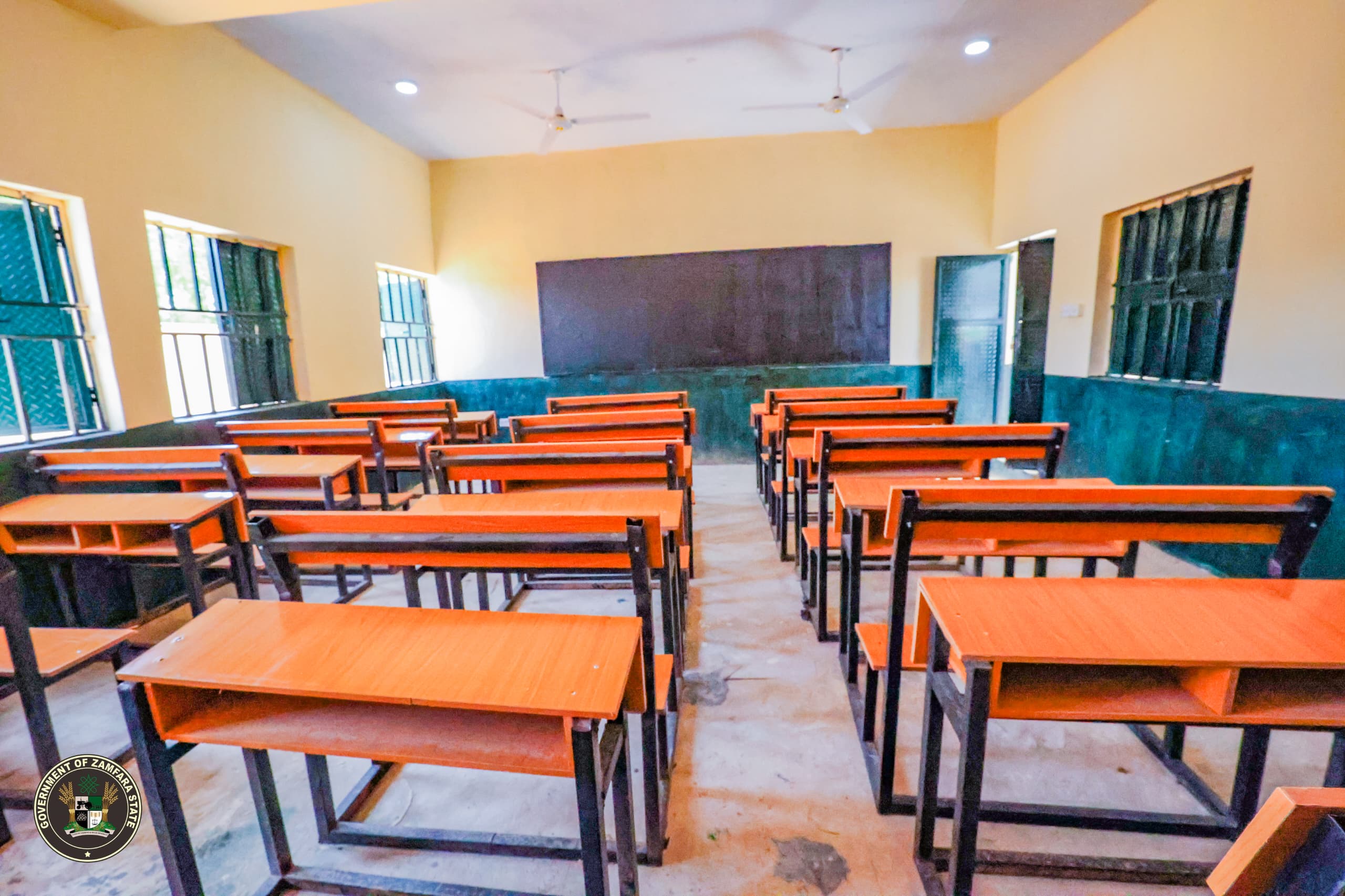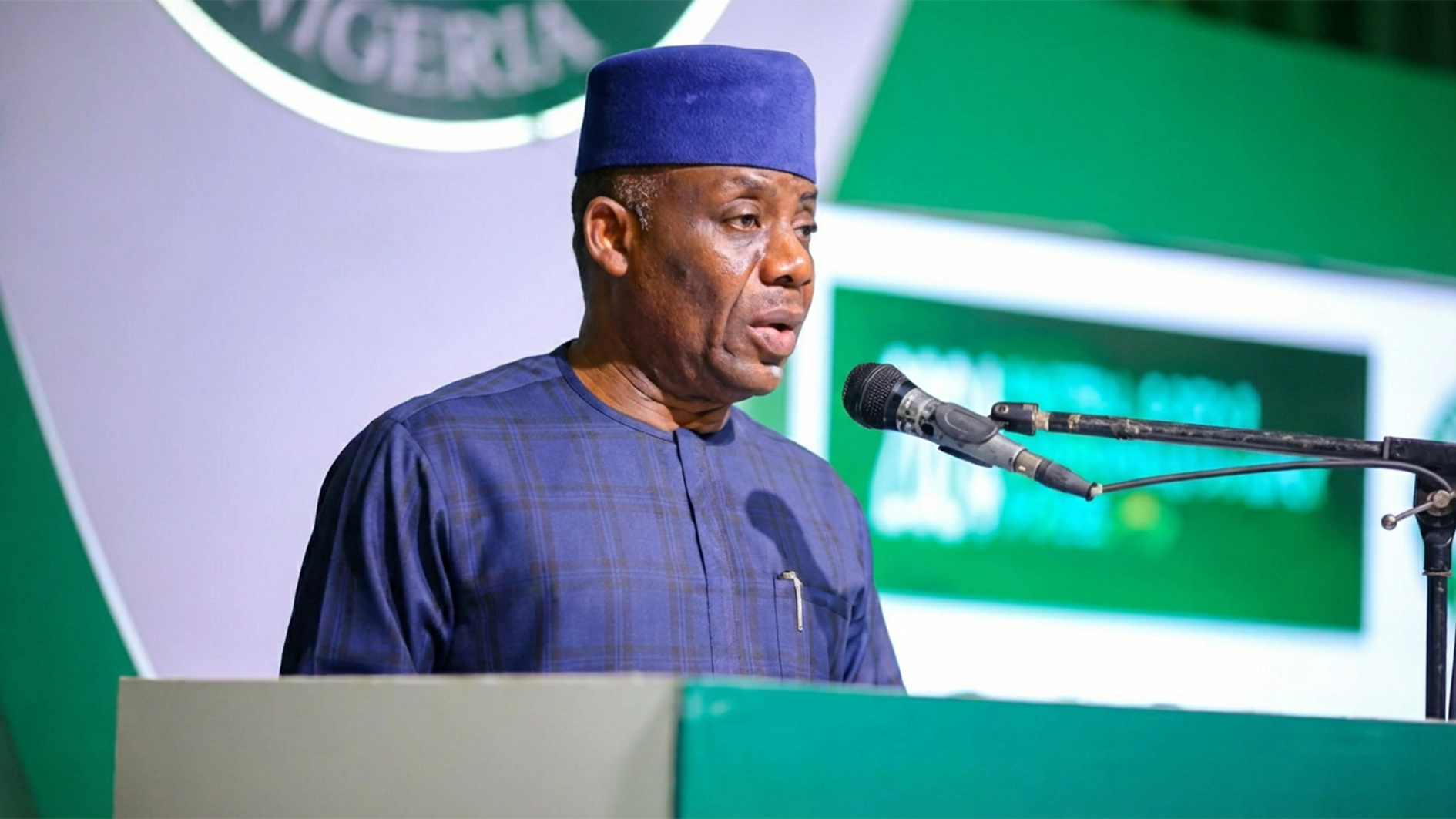
The Executive Secretary of the Universal Basic Education Commission (UBEC), Aisha Garba, has attributed the lack of significant development of basic education in Nigeria, to poor coordination and weak partnerships between critical stakeholders in the sector.
She particularly lamented what she described as ‘inconsistent’ collaboration among UBEC, States Universal Basic Education Boards (SUBEBs), and Ministries of Education, resulting in inefficiencies, poor monitoring, and reduced impact of educational interventions.
The UBEC boss highlighted the significance of effective synergy and collaboration, saying the gathering was a testament to the collective commitment to ensure that every Nigerian child has access to quality basic education, regardless of their location or background.
“To ensure that every Nigerian child has access to education, we must prioritise and strengthen basic education by fostering effective collaboration at national and state levels within and beyond the education sector.
“This workshop provides us with a unique opportunity to collectively evaluate our progress, identify challenges, and chart a new pathway towards achieving our shared goal of an efficient and effective basic education system in Nigeria,” she added.
While acknowledging the progress made in advancing basic education in Nigeria over the past decades, the UBEC chief said it is imperative to address the persistent challenges, such as finances, infrastructure, lack of relevant learning materials, shortage of teachers, and unconducive teaching and learning environment, among others.
Reminding that education is the bedrock of national development, Garba emphasised the need for government agencies, private sector stakeholders, development partners, and civil society organisations to work together to address these challenges.
She pointed out that basic education may not advance significantly without collaboration between UBEC, SUBEBs, and state ministries of education. She, subsequently, enjoined all stakeholders to recommit to greater synergy in policy implementation, accountability in resource mobilisation and utilisation, as well as adherence to best practices in governance and financial management, saying this would ensure that interventions by the Federal Government and other key stakeholders yield the desired impact.






